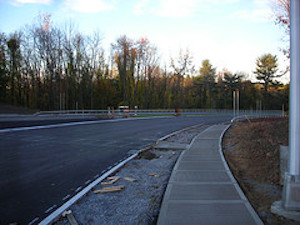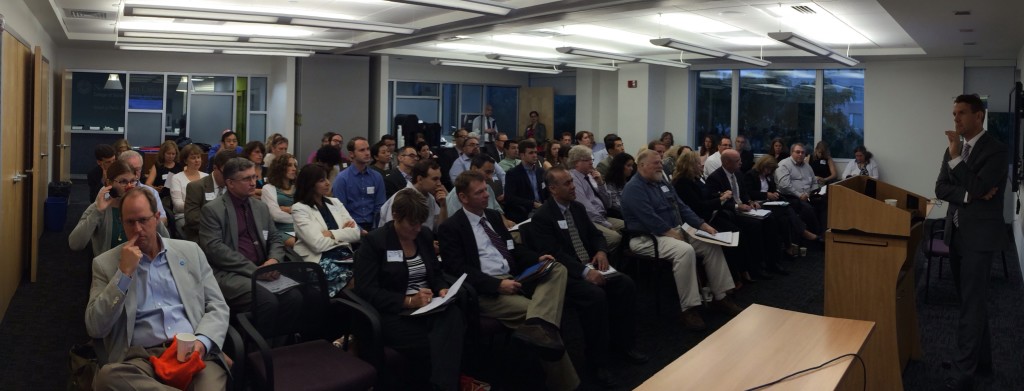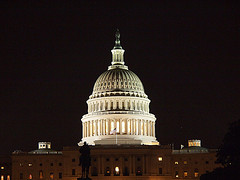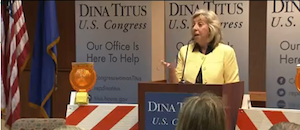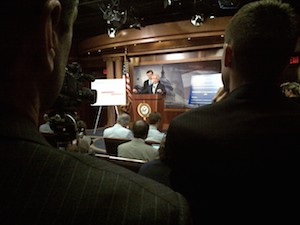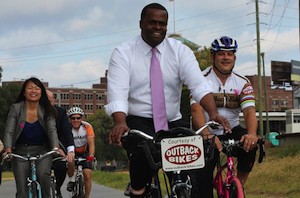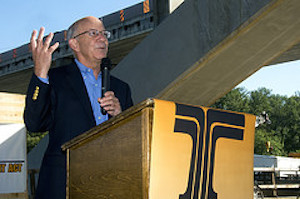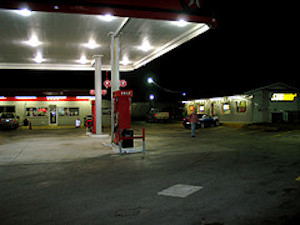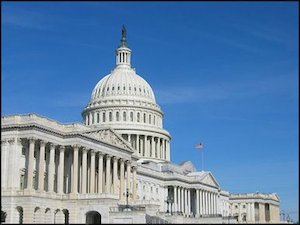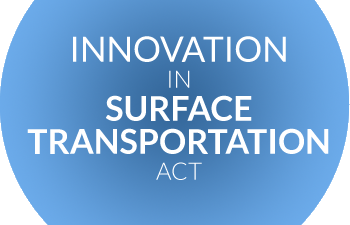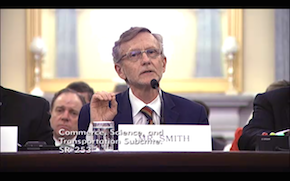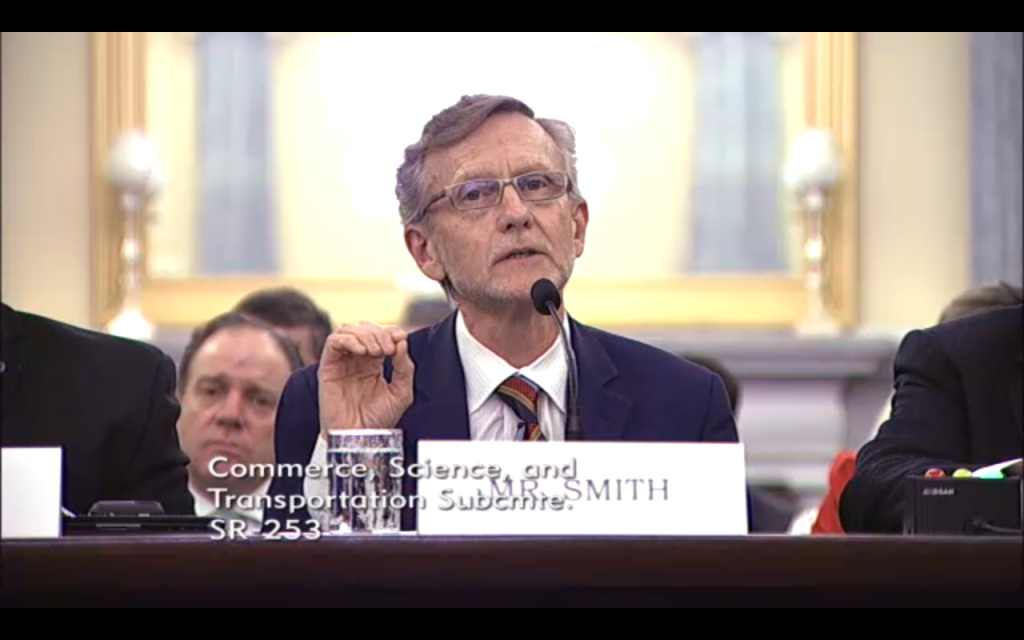
In February of 2013, Wyoming’s state legislature decided to stabilize their state’s transportation fund by passing a ten-cent increase to their gas tax, which is expected to raise an additional $72 million per year for state and local roads. On Tuesday, those elected leaders faced their first primary election since their vote to raise the gas tax by ten cents, which went into effect a few weeks ago on July 1st.
HB 69 passed the House by a vote of 35-24, with 30 Republicans and 5 Democrats voting in favor. In the Senate, the bill passed by a vote of 18-12, with 14 Republicans and 4 Democrats supporting the measure. (Wyoming has a relatively small state legislature with only ninety total members in the Senate and the House — compared to a state like New Hampshire, which has 409.)
Of the 30 total House and Senate Republicans running for re-election this week that voted yes on the gas tax increase, just 15 were challenged by a primary contender. This may indicate that Wyomans by and large support the position and leadership that these leaders took on the state’s transportation funding. Only two of the 15 supportive Republicans facing a primary opponent lost their races: Dave Blevins (R-Park County) and Kathy Coleman (R-Sheridan County). All six supportive House and Senate Democrats running for re-election won their uncontested primaries.
Based on the primary results, 94.4% of all Wyoming legislators who supported the measure and are running for re-election have won support from their constituents in their primary elections.
It certainly didn’t hurt that the legislation also had Republican Governor Matt Mead’s full support and endorsement:
“Every part of Wyoming’s economy relies on an effective, well-maintained and continually improved highway system. Wyoming Department of Transportation’s projects are planned years into the future – good planning, reasonable costs and effective management can only be achieved through reliable, long term funding.”
Considering that long-term funding certainty is the last thing coming from Washington, D.C right now, this type of teamwork between the Governor and the state legislature helped provide Wyoming certainty for planning and investing in priority projects, including $35.5 million of much needed highway and bridge maintenance and repair throughout the state.
In an environment where Congress is unable to find a stable long-term funding solution for the nation’s Highway Trust Fund, more and more states are taking it upon themselves to fill the gaps and raise additional revenue to provide some stability and invest in much needed capital construction and maintenance projects.
Even though several recent polls seem to suggest that the American public is opposed to raising transportation related taxes, recent state primary election returns from Maryland, Virginia, Pennsylvania and now Wyoming tell a different story. In those states that approved a gas tax increase, at least 93% of the representatives backing a tax increase won their primary or kept their seat.
You can read our recent analyses on Maryland, Virginia, and Pennsylvania, here. Stay tuned for Massachusetts, Vermont and New Hampshire in the coming weeks.





